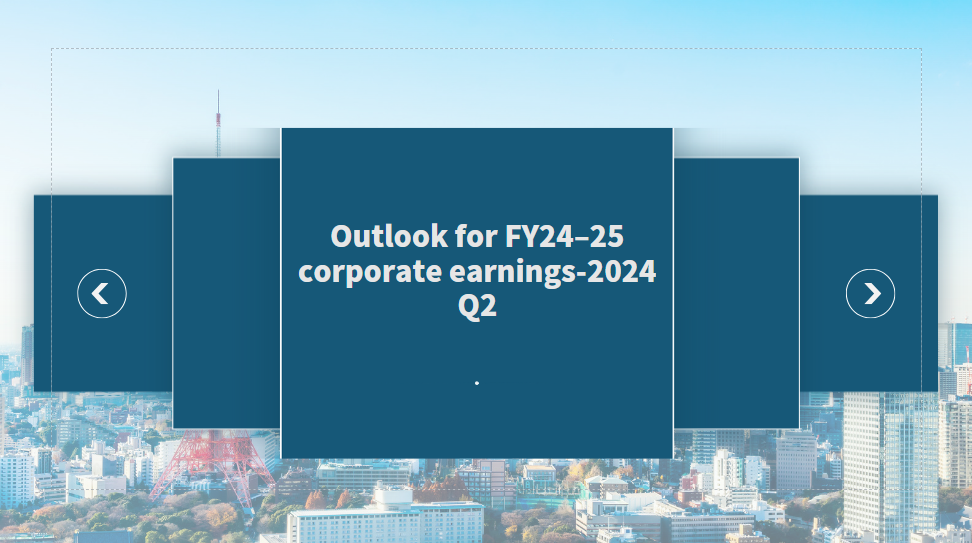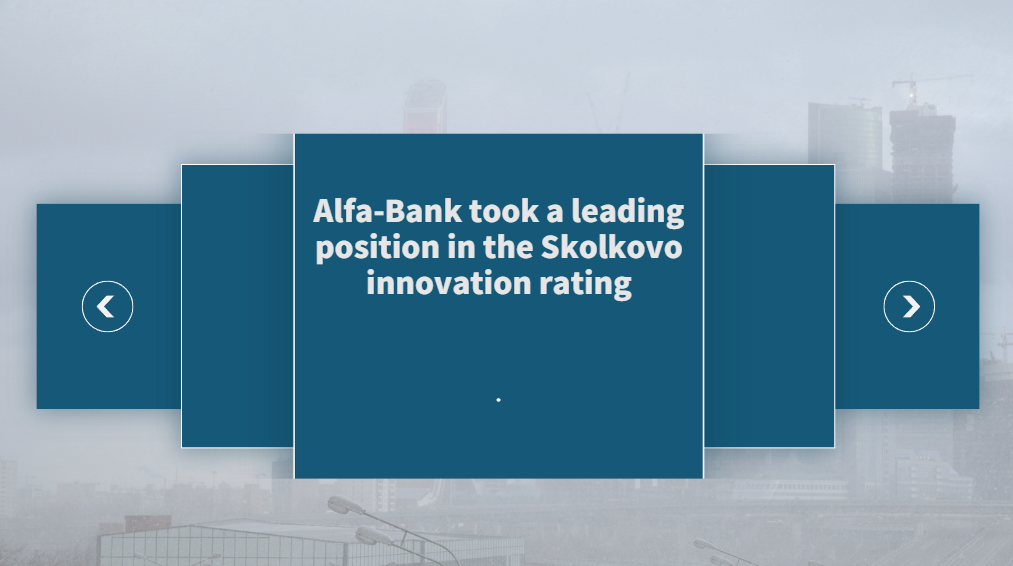PBOC Advances RMB Internationalization with Norges Bank MoU
On September 8, 2024, the People's Bank of China (PBOC) took another significant step towards the internationalization of the Renminbi (RMB) by signing a Cooperation Memorandum of Understanding (MoU) with Norges Bank, the central bank of Norway. The MoU was signed by PBOC Governor Pan Gongsheng and Norges Bank Governor Ida Wolden Bache during the bimonthly meetings of the Bank for International Settlements in Basel, Switzerland. This agreement aims to bolster bilateral cooperation in key areas such as macroeconomic trends, monetary policy, and financial stability.
Earlier, on September 4, 2024, the PBOC announced the signing of a bilateral local currency swap agreement with the Bank of Mauritius, with an exchange size of 20 billion RMB/130 billion Mauritian Rupees. This three-year agreement, which can be extended by mutual consent, is designed to enhance financial cooperation between China and Mauritius, expand the use of local currencies in bilateral trade, and facilitate smoother investment flows.
The PBOC has been actively pursuing similar agreements as part of its broader strategy to internationalize the RMB and ensure global financial stability. On August 19, 2024, PBOC Governor Pan Gongsheng signed another MoU with Nguyễn Thị Hồng, Governor of the State Bank of Vietnam, to further cooperation in local currency settlement, currency swaps, and cross-border payment connectivity.
These MoUs with foreign central banks are pivotal for the PBOC as they not only enhance international collaboration but also promote the ease of cross-border trade and investment, fortify global financial security, and accelerate the RMB's journey towards becoming a truly international currency.
Since 2022, the PBOC has established RMB clearing banks in countries such as Laos, Kazakhstan, Pakistan, and Brazil, continually optimizing the global RMB clearing network. In addition, the PBOC expanded its financial cooperation with the Hong Kong Monetary Authority by signing a permanent swap agreement and increasing the swap size to deepen financial ties between the mainland and Hong Kong.
According to a recent report by the PBOC, the bank has signed bilateral local currency swap agreements with over 40 foreign central banks or monetary authorities, with 31 active agreements covering major economies across six continents. The international role of the RMB continues to grow, as reflected in the latest RMB Internationalization White Paper published by the Bank of China, which highlights the positive reception of the RMB in areas such as settlement, financing, pricing, and value storage.
Local currency settlement agreements help mitigate exchange rate risks, reduce currency conversion costs, and minimize the impact of third-party currency fluctuations on bilateral trade. Additionally, such cooperation fosters the development of direct RMB-to-local currency trading markets, strengthening the offshore RMB market. In 2023, more countries expressed interest in local currency settlement cooperation, promoting the RMB through bilateral swap agreements, regional RMB clearing banks, and the Cross-Border Interbank Payment System (CIPS). As China’s economic strength continues to grow, along with its pivotal role in global supply chains, the international standing of the RMB is expected to rise further.
Based on PBOC reports in both Chinese and English





















































First, please LoginComment After ~